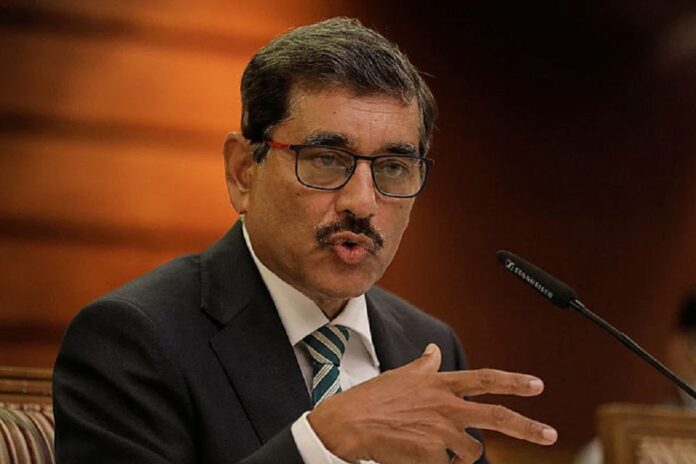June 10, Colombo (LNW): Central Bank Governor Dr Nandalal Weerasinghe has underscored the importance of the Credit Information Bureau (CRIB) aligning itself with cutting-edge global practices, as it seeks to enhance its role within the country’s evolving financial landscape.
Speaking at the CRIB’s recent CEOs’ Forum and Institutional Award Ceremony, Dr Weerasinghe remarked that the bureau must continuously evaluate its operations against international benchmarks to remain effective in an increasingly complex regulatory and credit environment.
He pointed to the World Bank’s General Principles for Credit Reporting as a model framework the CRIB should look to as it advances.
Celebrating 35 years since its inception, the CRIB has grown from a modest, paper-based registry into a sophisticated, digitised institution covering a broad spectrum of lenders.
According to Weerasinghe, the bureau is now a vital cog in the financial system, providing data-driven support to the Central Bank’s supervisory and macroprudential oversight functions.
The Governor highlighted the bureau’s role in enabling risk-informed lending decisions, particularly through its integration of credit scoring tools and online platforms that provide individuals and institutions with easier access to their credit profiles.
These innovations, Weerasinghe went on, have helped foster a more transparent and disciplined credit culture in Sri Lanka.
The CBSL Chief called attention to the potential for emerging technologies—such as artificial intelligence, machine learning, and advanced analytics—to revolutionise credit risk modelling. He stressed that leveraging these tools would allow for more timely and predictive assessments of creditworthiness, thereby boosting the responsiveness of financial institutions to real-time market dynamics.
He also advocated for the inclusion of alternative data sources—such as utility bill payments, rental histories, and digital transactions—as a means of assessing those who are currently underserved by the formal financial system.
This, he suggested, could significantly widen access to credit for freelancers, gig workers, and young entrepreneurs.
Whilst acknowledging the bureau’s digital progress, Weerasinghe issued a clear reminder about the growing need for robust data security measures, especially as cyber threats escalate alongside digital expansion.
He concluded by urging greater collaboration between public and private stakeholders to establish a more inclusive and resilient digital credit ecosystem, one that can adapt swiftly to technological change whilst reinforcing financial stability.

